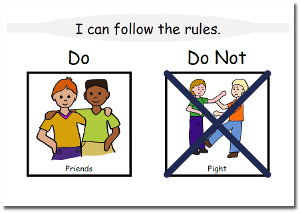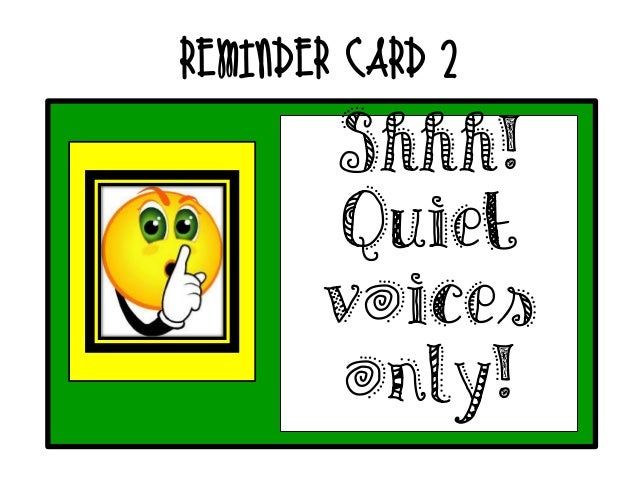Discovering that a family member has a lifelong disability can be devastating. Parents and others generally go through a cycle as they seek to adapt to their new living situation, including surviving, searching, settling in, and separating.
Those who are surviving feel helpless. fearful, confused, guilty, blaming, shamed, and angry. These emotions may be expressed physically and through crying or inappropriate laughter. Support groups can help parents learn that others have the same emotions. Support groups, help finding treatments, and opportunities to honestly express feelings all help at this stage. With sufficient time, family members can begin to feel more in control, optimistic, and filled with hope. This stage also includes the beginning of an outward search.
Searching begins with outward research for a diagnosis and services, including attempts to change reality or bargain with God for a better outcome. The inward search involves an examination of personal feelings about having a child with a disability. Some individuals may withdraw from all support or attack those who try to help. These experiences can cause a re-ordering of priorities and altered relationships with others. Emotions during this stage can range from incompetence, fear, and feelings of being overwhelmed. Differences emerge as one person may feel empowered to meet new challenges while others may feel immobilized. Time to recharge helps during this stage.
As interventions and treatments begin, family members tend to reach the settling in stage. Patience must be exercised as most programs take time. Other aspects of life are often resumed, or parents may become depressed and feel hopeless. Parents in this stage generally have the knowledge necessary to advocate for their child, but may feel it is pointless. Finding programs that take a family-based approach can be helpful at this time.
Separation technically begins at birth, but it continues in small incremental stages throughout childhood. This process is slower when the child has a disability. Typical peers will initiate some of this separation on their own, but those with physical or cognitive struggles may require that parents start the separation process. Parents may re-experience guilt and grieving at this time and return to outer and inner searching, and additional opportunities to talk will be beneficial.

